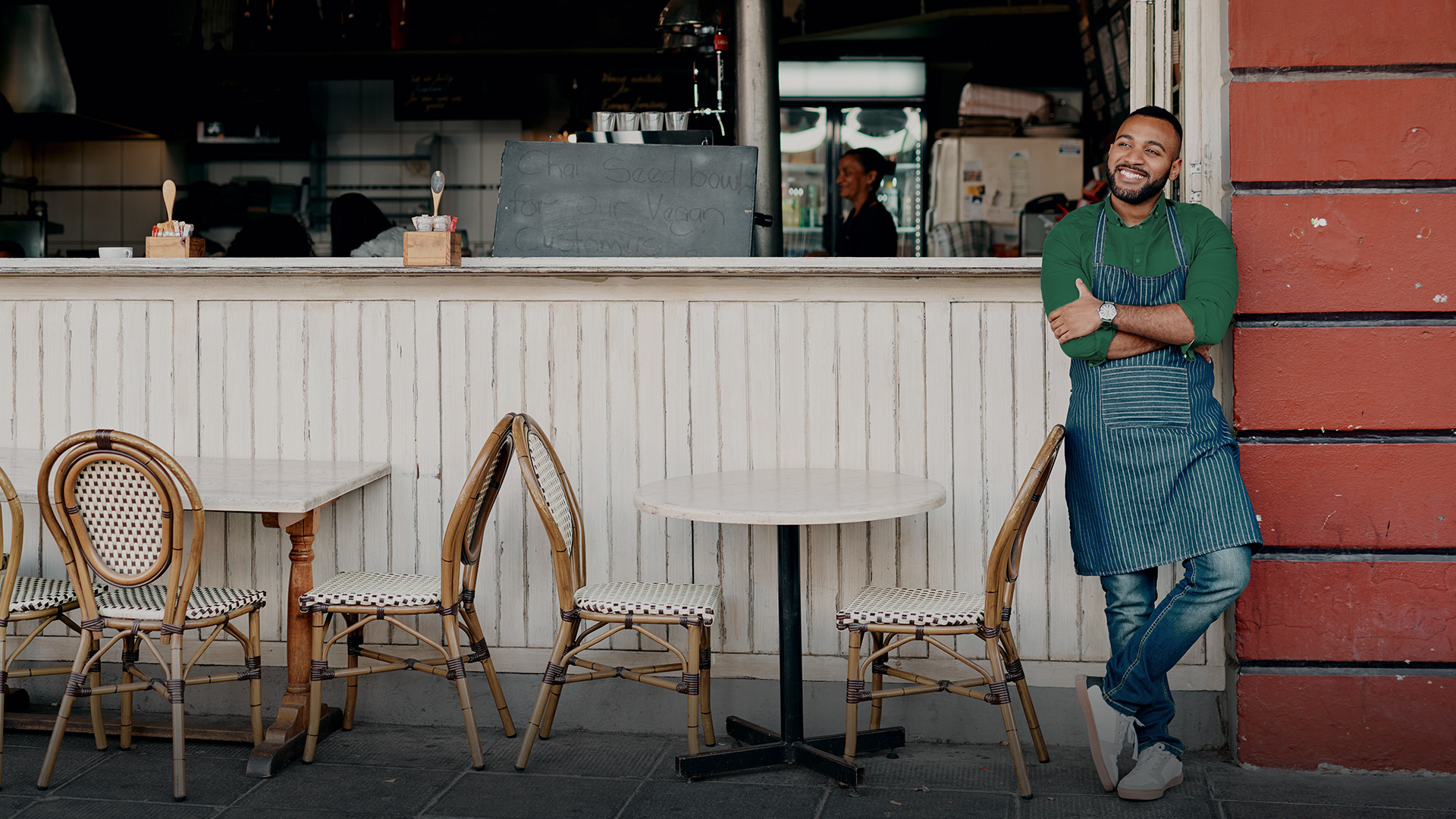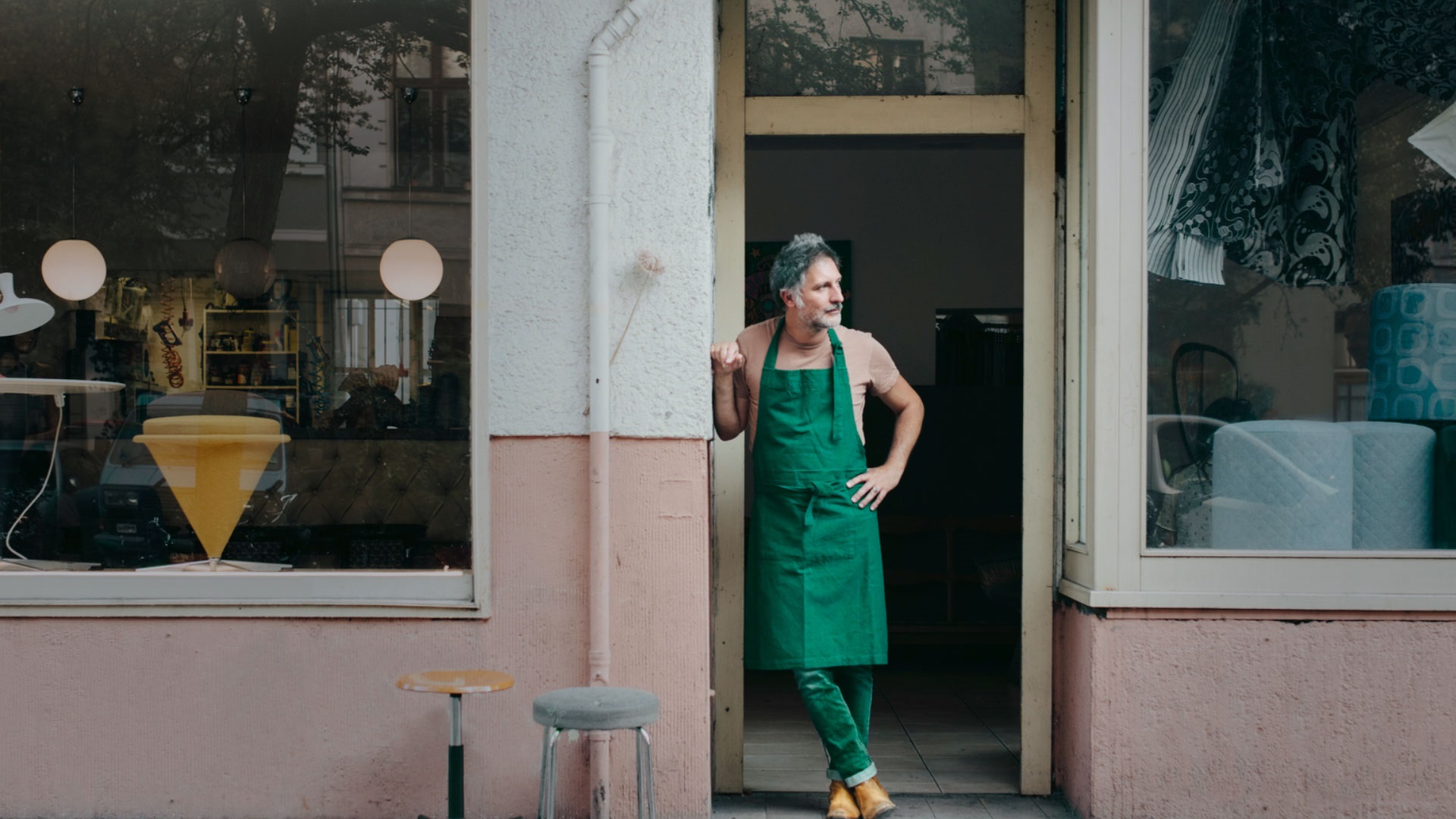You’ve worked hard and built up a decent amount of capital through careful saving and investing over several years, and now you’re keen to become your own boss. Depending on the sector you’d like to start your business in, the first decision you might need to make is whether to go it alone as a solo start-up, or buy into an established franchise. The option that’s best for you will depend on your personal situation and your temperament.
If you need to be in control and prefer to make completely independent business decisions without having to conform to strict brand regulations, franchising may not be for you. However, if you’re prepared to accept those regulations in return for benefits like an established brand identity and the lower costs offered by centralised marketing, procurement and supply-chain management, you’d be a better fit for a franchise business.
Don’t imagine a franchise is less work
Whichever option you choose, at the end of the day your business will only be successful if you are willing to put in the work needed to make it a success. Any entrepreneur will tell you that being your own boss requires you to work harder than you ever do as an employee, and buying into a franchise doesn’t change that. That said, statistics have shown that franchises generally have a higher survival rate than solo start-ups.
According to the Franchise Association of South Africa (Fasa), ‘Globally, franchised businesses are considered more successful than regular start-up businesses – with the failure rate of franchises at on average 10% or less, [compared] to independent businesses’ [failure rate of] over 90% in the first few years of business.’
However, remember that all successful franchises were once solo start-ups that had to build their own following and brand identity from the ground up. If you have a business concept that you believe could make it into the 10% that survive and grow to become a major brand that can itself be franchised, there’s only one way to prove it.
Franchises make it easier to enter densely populated markets
If you open a business in a sector that is already densely populated, like fast food or retail clothing, it can be difficult to get customers already loyal to other brands to try your product. More prominent brands can also afford expensive marketing campaigns that could drown out your marketing efforts. In this scenario, buying into a franchise makes sense because you will be buying established brand loyalty, along with the perks of their client lists and brand-wide marketing strategy.
Franchises generally present a lower risk than stand-alone businesses, so it may be easier to secure a loan to buy into a franchise
On the other hand, if you have a revolutionary new idea, or you want to enter a market that you believe is not being served, you might consider taking a leap of faith and starting an independent business. The tech industry is one sector where finding gaps in the market can result in booming success for solo start-ups. If you have a brilliant concept backed up by market research, starting a stand-alone business may be your better money choice.
Start-up costs for a franchise can be easier to calculate
You can start a solo business with any amount of capital – although the less you have, the harder you will have to work (and the luckier you will have to be) to establish and grow your start-up. This has both benefits and disadvantages.
You can cut your coat to suit your cloth – in other words, build the business according to what you can afford, rather than trying to use a business model that requires more capital. To do this, however, you need the business skills to maximise the effect of your capital. You need to know when to invest in design, production, marketing, sales, distribution and growth at the appropriate stage of your operation – skills you may not have when you’re starting out.
Buying into a franchise, on the other hand, has certain predetermined costs:
- upfront or joining fee, which you pay for the use of the franchise’s name and branding,
- the set-up costs of your franchise outlet, and
- working capital, which is an amount specified in the franchise agreement.
These built-in costs can make the price tag to start a franchise business intimidating – it could amount to tens of thousands, or even hundreds of thousands of rands. In return, however, you will start your business under a well-known brand name with an existing customer base, and your monthly franchise fees give you access to the parent company’s supply and marketing network, which allows you to monitor and manage your running costs more profitably.
Financing a franchise purchase
With the costs involved in starting a franchise business, you will most likely need financing. At a recent franchise breakfast with Fasa, Coenie Smith, Nedbank’s Head of Franchise: Small Business Division, reaffirmed our commitment to supporting new franchise businesses. ‘With Nedbank,’ he said, ‘you get a partner that is strategically aligned to your growth narrative – one that understands that you need more than just products and that can help your business reach the next level. We will immerse ourselves in your franchise and sector so that we can become an extension of your team with a full understanding of your financial needs and business aspirations.’
Franchises generally present a lower risk than stand-alone businesses, so it may be easier to secure a loan to buy into a franchise, rather than one to start your own brand from scratch. We offer tailored solutions with flexible and cost-effective packages for various industries. For more information, download our franchising guide.








